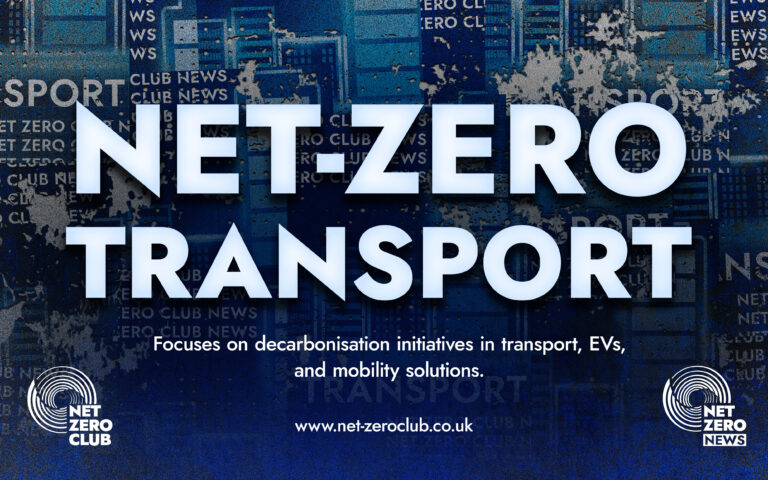Most Councils Now Compliant with National Charging Standards

Welcome, Net Zero News readers,
In an exciting development for electric vehicle (EV) enthusiasts and businesses alike, a significant majority of councils across Britain are now fully compliant with national public charging standards. This milestone marks a considerable leap towards establishing a reliable and accessible EV charging network vital for both individual drivers and business fleets.
Recent research conducted by Drax Electric Vehicles through Freedom of Information (FOI) requests unveiled that more than two-thirds of councils—specifically, 67%—have reported full compliance with the Public Charge Point Regulations (PCPR) 2023. This is a remarkable improvement from just 47% in the previous year, demonstrating a concerted effort to enhance the EV charging infrastructure in the UK.
Out of the 205 councils contacted by Drax, responses were received from 178, with 154 confirming they currently operate active public chargers. A closer look at the compliance data reveals that only 6% of councils reported complete non-compliance with regulations, a significant decrease from 21% in 2024. Furthermore, the number of councils citing technical or funding challenges has dropped to 21%, down from 42% last year. This downward trend is a clear indication of the progress being made in overcoming barriers to EV infrastructure development.
One of the most striking findings from the FOI request is the substantial increase in the number of public charge points available across the country. The current total has reached 30,651 charging points, a remarkable rise from 20,979 just a year ago. Impressively, 82% of these charge points are now fully compliant with national standards, compared to only 58% in 2024.
Adam Hall, director of energy services at Drax Electric Vehicles, expressed his satisfaction with the findings, stating: “This is the second year in a row we’ve conducted this analysis and I’m pleased to see genuine progress in modernising public charging. Councils have responded quickly to new requirements, which is great news for fleets that depend on dependable, accessible infrastructure, as well as everyday drivers. But the next regulatory phase will test consistency further. Ongoing collaboration between councils, government, and private partners will be vital to maintain that progress.”
The PCPR rules, which came into effect on 24 November 2024, are designed to ensure that the experience for consumers using public charge points across the UK is consistent and positive. The current framework mandates that charge points offer contactless payment, maintain a 99% reliability rate for rapid charging units, provide a 24/7 helpline, and support open data access via the Open Charge Point Interface (OCPI).
Looking ahead, additional measures set to come into effect in November 2025 will further enhance the charging experience. These include roaming interoperability and expanded open data sharing, aimed at simplifying cross-network charging for drivers. Such improvements are expected to streamline the process and make it more user-friendly, fostering greater adoption of electric vehicles.
Despite the progress, challenges remain for a minority of councils. However, the overall picture is one of sustained improvement and growing readiness, which should instil confidence in both fleet operators and EV drivers regarding the reliability of public charging facilities.
Naomi Nye, EV charging spokesperson at Drax Electric Vehicles, highlighted the significance of this compliance journey: “Compliance has come a long way in just 12 months, but the job isn’t finished. Roaming and data transparency will raise the bar again, giving drivers and fleets a smoother charging experience wherever they travel. The focus now must be more ambitious, moving from just meeting regulations to optimising networks for greater performance and reliability.”
This optimistic outlook signals a pivotal moment in the UK’s transition to electric mobility. As councils continue to enhance their EV charging infrastructure, everyday drivers and businesses can look forward to a future where electric vehicle charging is not only reliable but also convenient and efficient.
In summary, the strides made by councils in complying with national public charging standards reflect a broader commitment to sustainable transport and the electrification of the UK’s vehicle fleet. As we move closer to a net-zero future, the advancements in EV charging accessibility will play a crucial role in encouraging the adoption of electric vehicles, ultimately reducing carbon emissions and fostering a cleaner environment for generations to come.
Stay tuned to the Net Zero News Network for more updates on the latest developments in electric vehicle infrastructure and the ongoing journey towards a sustainable future.

 Got net-zero news, project updates, or product launches to share?
Got net-zero news, project updates, or product launches to share? 


